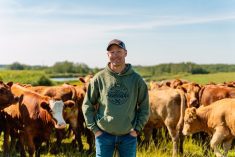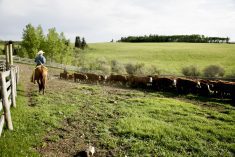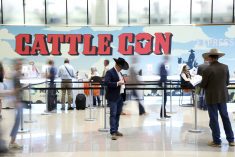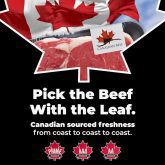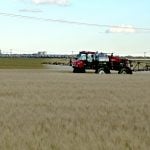[UPDATED] U.S. president Donald Trump didn’t impose 25 per cent tariffs on Canada and Mexico yesterday on his inauguration day, but said later in the day that he will likely do so by Feb. 1.
The Canadian Cattle Association (CCA) issued a statement January 21 saying it is extremely disappointed by president Donald Trump’s comments.
“The integration of the North American live cattle and beef supply chain is unlike anywhere in the world, contributing to both food security and local and regional food systems,” said CCA president Nathan Phinney in the prepared statement. “The United States and Canada have the largest two-way trade in live cattle and beef in the world with significant numbers of Canadian cattle sent to packing plants in the United States for processing and returned to Canada as beef for retail sale.
Read Also
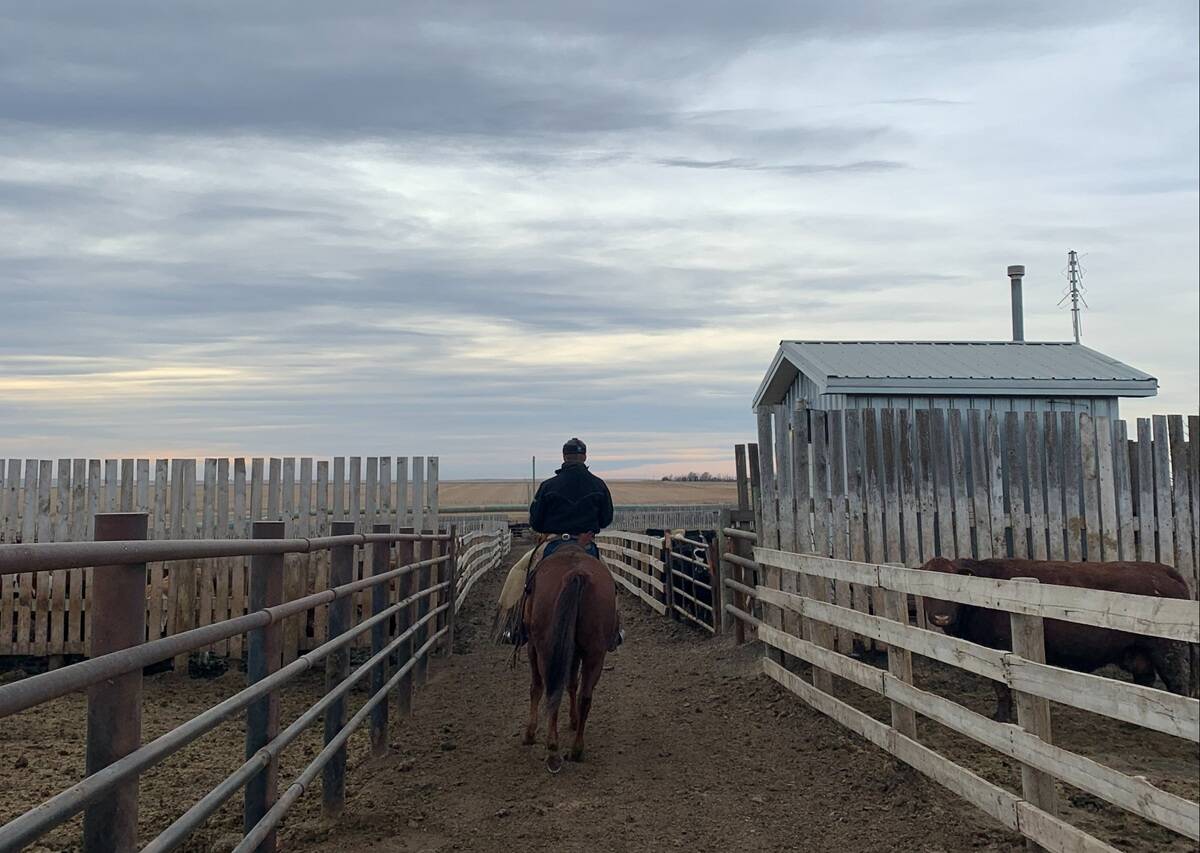
Pen riders still better than tech at detecting respiratory disease in feedlot cattle, says researcher
Recent research found that pen riders are better than tech at flagging signs of BRD in feedlot cattle
“Also, American-born cattle are fed in Canadian feedlots before returning to the United States for processing. Tariffs would greatly increase the cost of processing cattle and ultimately the cost of beef on both sides of the border.”
Phinney, a cattle producer from New Brunswick, had taken a break from clearing snow Jan. 20 to watch the inauguration of U.S. president Donald Trump.
“Everybody, on both sides of the border, has let out a breath of relief,” he said earlier in the day, prior to president Donald Trump’s comments that evening.
Come Tuesday, that relief was gone.
In the prepared statement, Phinney emphasized that the Canadian beef industry is a strong advocate of free and open trade.
“We expect our trade agreements to be respected and honoured. International trade is advanced through negotiation and compromise, as was done with the revision of NAFTA by President Trump himself.”
Other representatives of Canada’s agriculture industry shared a similar message — Jan. 20 was a good news day for Canadian farmers, but the trading relationship with the U.S. is fragile.
Therefore, commodity groups and export associations will be busy in 2025, making the case for tariff-free trade between Canada and its southern neighbour.
The threat of tariffs is still very real, considering Trump has created a new government agency called the External Revenue Service. It will be responsible for collecting tariffs on imported goods, possibly agri-food products from Canada.
The Wall St. Journal reported Jan. 20 that instead of tariffs, Trump will ask federal agencies to review America’s trading relationship with Canada, Mexico and China.
“Were still at the phase at looking at what might happen, instead of knowing (what will happen),” said Michael Harvey, Canadian Agri-Food Trade Alliance executive director.
“What we need to be concentrating on, is what we can do … to get across to Americans that it’s bad for their country, if they impose tariffs on Canada.”
What now?
Trump and his advisers may have an appetite for tariffs, but the U.S. government is a system of checks and balances, Harvey said.
Members of Congress will also have their say on whether tariffs happen or not.
“It doesn’t appear to have strong support (on) Capitol Hill,” Harvey said.
“Some people are in favour of tariffs, but an awful lot of people are not.”
In the coming months and for much of 2025, agriculture and agri-food groups from Canada should be talking to American leaders who oppose the tariffs, Harvey added.
“Our sweet spot is when we speak to American counterparts who also think the tariffs are a bad idea … and help them strengthen their arguments.”
One important piece of information to share is the amount of grain products that move across the border.
“There’s a reason that the U.S. imports $17 billion worth of Canadian grain and grain products, annually,” said Kyle Larkin, Grain Growers of Canada executive director.
Those exports happen because America needs the canola oil, canola meal, milled oats, wheat and other products from Canada.
The Grain Growers and CAFTA will travel to Washington, D.C. this spring to speak with U.S. politicians and defend free trade between Canada and America.
Such discussions were going to happen anyway because Canada, Mexico and the United States are scheduled to review the U.S.-Mexico-Canada Agreement in 2026.
However, that review could possibly happen in 2025, Larkin said.
“We may see a re-negotiation this year.”
Canada’s government and the agri-food industry will be extremely busy in 2025 trying to avoid the proposed tariffs and strengthen the trading relationship between the two countries.
Meanwhile, exporting beef, pork, canola and barley to other nations will continue to be a priority. Phinney and other CCA representatives traveled to Indonesia and the Philippines in December to support beef exports to those nations and the rest of Southeast Asia.
“If you ask anybody in the cattle industry and they’ll say that is where growth in our industry is going to take place (in Asia),” Phinney said.
“(Indonesia is) the fourth largest population in the world and strong demand for beef. Those are the (markets) we have to move on and get the highest value out of beef.”
Shifting focus to Asia could be critical, but the U.S. will remain the most important market for Canadian livestock producers and grain farmers.
“We’re conscious that there’s massive uncertainty with our largest trading partner,” Larkin said.
“We’re not going to see tariffs Day One … but there are certainly a lot more conversations to be had.”
Updated Jan. 21 to reflect fresh comments from President Trump, add comments from Canadian Cattle Association




